This is the story of us. A love story between a mother and her child. A story fueled with love and hope. A story of what was, and what is. A story that continues to unravel and show itself time and time again.

You can never fully love your child, if you don’t embrace their quirks, and everything about them.
We have visions of what a perfect motherhood looks like, and in some ways even a vision of what we hope will become of our infant as we wrap them tightly in our arms.
A protective cocoon, shielding them from the world, watching in awe as our babies slowly become a real human being— with their own thoughts, feelings, and emotions.
Autism doesn’t take that away.
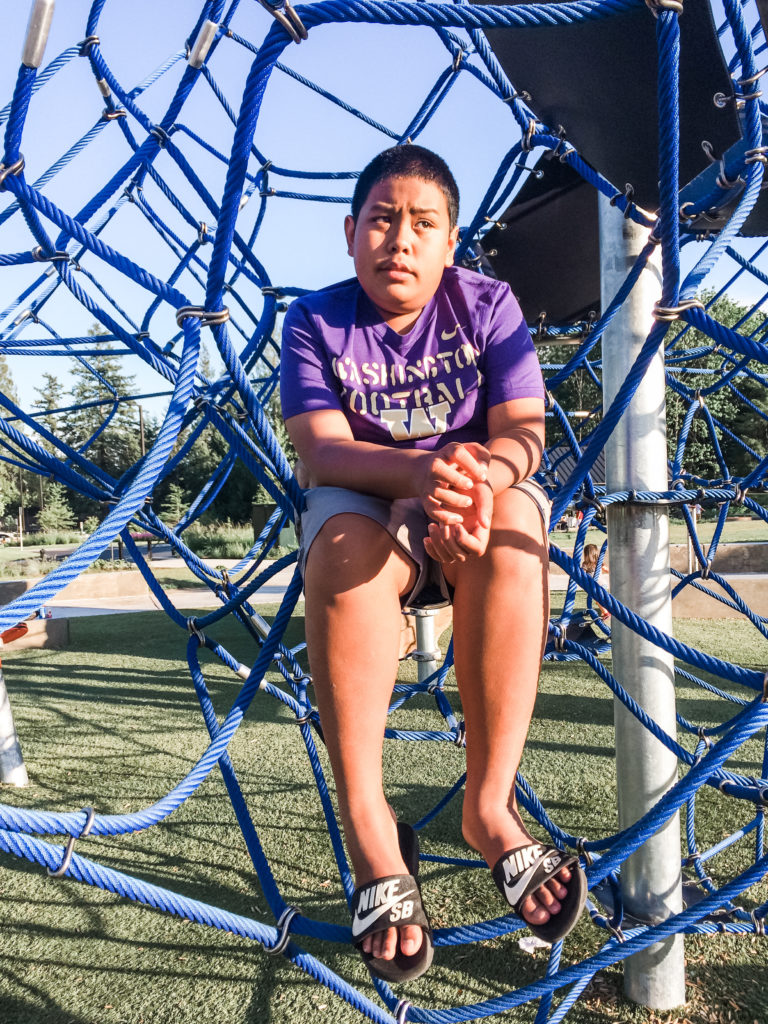
Your child is still there.
Their thoughts, their opinions, their emotions, their dreams, it all matters. It’s more challenging for them, of course, but we can’t deny that they are living, breathing, individuals who are simply wired differently from us.
Different isn’t necessarily bad, there are some physical quirks that they can’t prevent themselves from engaging in, and they view the world through a different lens— but different is also good.
It gives us a different perspective, a different way to cherish and hold tightly to the people and things that matter to us.
It’s not until you have a child that you begin to understand what it means to put your needs aside for someone else.
As a babe, we only think of our own needs. When you’re hungry, you were fed, when you’re thirsty, you were given water to quench your thirst, when you had an owie, someone kissed it and told you you’ll be okay, when you’re sick someone took care of you.
It’s not until you have a child of your own that you realize just how deeply rooted our self-centeredness is. Not to be mistaken for selfishness.
Then as moms, we have this beautiful human being that was entrusted to US. A gift. Then someone tells you, sorry, what you have been given is broken.
How can that be?
My child?
Broken?
My perfect little baby that I nourished with my own body, and held in the womb for nine months?
And you believe them.
You believe that your child is broken so you do everything you can to fix them.
Your child isn’t broken.
You child is unique and different, and requires extra special attention and care in order to thrive.
Your child is still a child. None of that has changed.
Just because someone says something doesn’t make it so.
Your child may have challenges that other children may never have, but your precious baby is still your baby. It’s God’s gift to you. To love, and educate, to teach, to guide, to build up to be a man of noble character. To walk through life with, to challenge, and to lead.
Your job hasn’t changed. It’s only shifted, and it’s become something greater.
No longer are you simply mom. You’re a warrior mom.
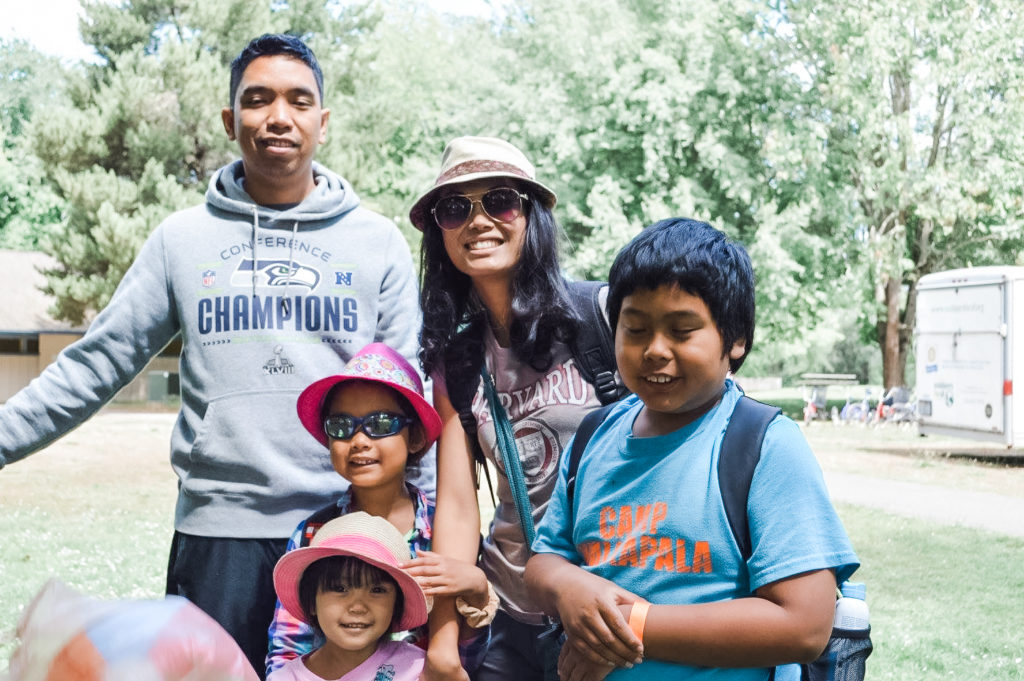
This is our story. A story of uncertainty, laced with grace. Of healing, both past and continual. Our journey. We hope it serves to encourage you as you walk through this season in motherhood.
When our son was first diagnosed with Autism, along with sensory processing disorder, and speech apraxia, it was difficult for us to process. We were unsure of what this meant for his future, and how to parent a child with special needs.
During that time, we focused entirely on “fixing” our son, subscribing to the belief that we broke him… and somehow failed him as parents, which is why he wasn’t thriving like his peers.
Guilt-ridden, we seeked professionals, diets, and supplements… therapies, specialists, doing every possible treatment we’ve read, and was recommended to us by other parents in hopes of curing our son.
If we knew then what we know now, we would’ve been able to discern which therapy was best for our son, and our situation.
Subscribing to the belief that every “bad” and challenging behavior was a result of Autism, made us want to get rid of his Autism… not understanding at the time, that Autism is apart of who he is.
Overtime, we found ourselves saying that we loved our son, but hated Autism. But slowly, we learned that Autism is a big part of who he is. It’s his little quirks and differences that makes our Jacob who he is.
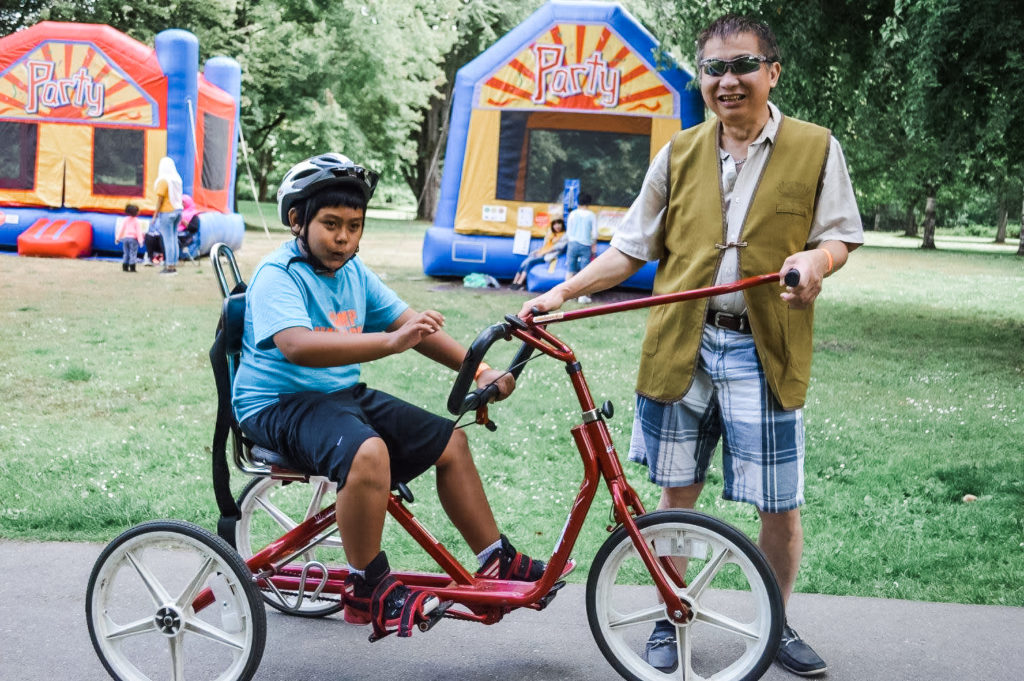
When we stopped viewing everything from the lens of Autism, we saw Jacob as simply our child.
Our unique child.
It was this perspective that shifted everything for us. Yes, our son has Autism, and yes, he comes with a set of his own special needs. But he’s also our child. With his own unique characteristics, his own strengths and challenges, and a wonderful sense of humor.
I eventually came across a method of alternative communication known as Spelling to Communicate, diving into a world of non-speaking/minimally speaking individuals on the Autism Spectrum. For the first time, we met other families who have children with non-verbal Autism.
Children and young adults who communicated using letter boards, ipads, and keyboards.
We watched breathlessly as we met autistic teens communicate on a keyboard for the first time. Sharing their thoughts and insights, while stimming. These individuals were unable to share their thoughts verbally, and it gave us a glimpse into their unique personalities and insights.
Little by little, we started working with our son on a the letterboard, which gave him more options than what was available to him on his proloquo2go device (which we still use for choices). He’s been able to share with us when his in pain, and where it hurts. He’s able to share with us when he wants to make a particular dish (he loves to help me cook in the kitchen), and participate in everyday life.
Meeting other autistic individuals on-line, and in person gave us a different perspective on Autism.
It made us realize that they have their own unique personalities and gifts, and is capable of limitless possibilities. We love his good nature, laid back personality. Because he isn’t able to speak, our son picks up on cues and is drawn to those who are open minded and light hearted, inviting them by hand into our home.
There’s this belief that Autistic individuals aren’t affectionate, but our son will often times lean into us to give him a kiss, and even gives us partial hugs. His challenges are what oftentimes would cause “behavioral problems,” but when all you see is the behavior, it’s easy to miss the child.
Our sweet boy, with an easy going demeanor, simply wanting to partake and enjoy life just like the rest of us. Willing to work after a long day at school in order to better communicate in our world. Embracing his love for water led us to local pools and kayaking whenever the weather permits. He loves being out in nature, going on bike rides, and exploring new places.
He’s constantly learning and growing just like the rest of our children.
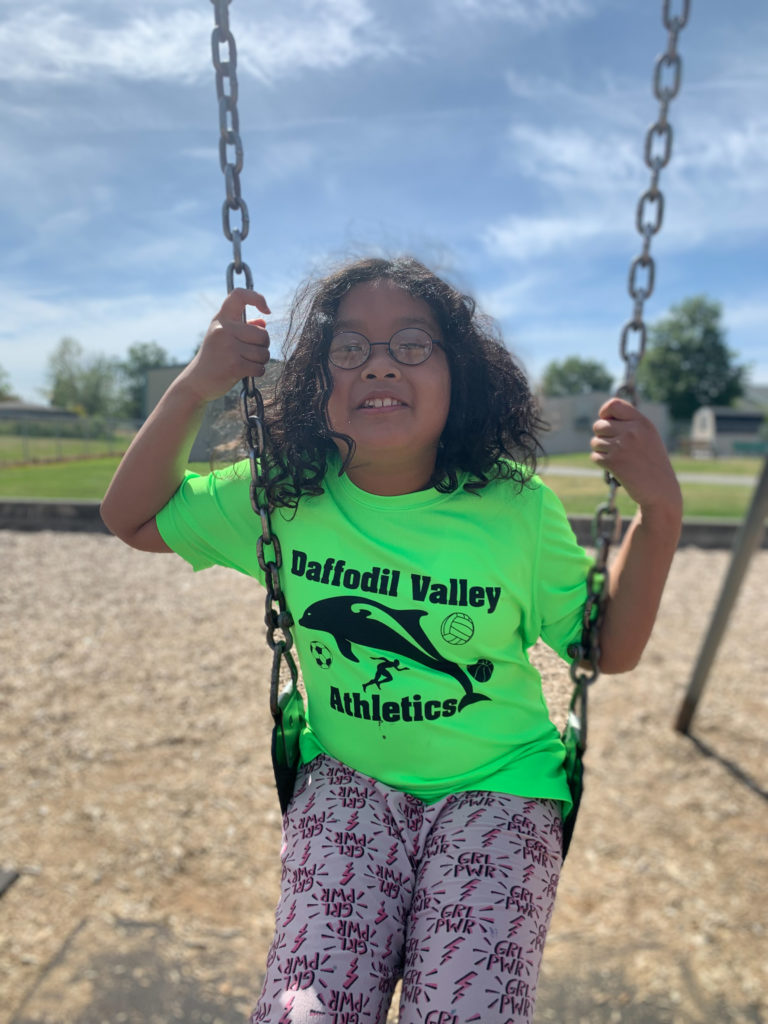
Our daughter’s diagnosis of Aspergers and ADHD came when she was in first grade, she struggled with making friends, interacting with other adults, and sensory processing disorder.
Their differences were night and day, and perhaps this has to due with being a girl on the spectrum. Which I’ve come to find is very rare. It’s not common for girls to be diagnosis with Autism or being anywhere on the spectrum. This made her more susceptible to being bullied by her peers (as girls can be cruel to each other— social awkwardness is glaring and causes you to stand out in many ways).
We weren’t sure how to help her, and she was very emotional most days. Extremely verbal, she would share that she hates being different. She’s quite chatty, shares honestly with anyone willing to listen, coming across as aloof and even rude to those who aren’t aware of her unique qualities.
She questions herself regularly, and challenges our perception of the world. Inquisitive and asking deep questions that we ourselves aren’t entirely sure of. Her feelings are easily hurt. Desiring to fit in, and trying to find her place in the world.
She attributes a lot of her differences to her special needs, which we view as her unique gifts and qualities.
We don’t force her to embrace being different, but instead share with her stories of those who are also differently-abled who has gone to do great things. We had her read a book written by Chloe Howard, where she shares about her experience with being different (she has cub foot), and how she overcame being bullied by her peers.
I notice that she was drawn to any literature written by those who are different and went on to become world shapers.
We love that her uniqueness, never afraid to share her thoughts, but teaching her that it’s okay to not voice her opinion in every circumstance. She has a sweet demeanor about her, always greeting others, and wishing them to have a nice day.
In many ways, she is more Christ-like than we are, and is regularly engaging in acts of kindness.
Being kind to others, with a desire to help those around her came naturally. She has an obsession with books and can read forever, and not even notice the world around her. She also loves to draw, giving her an escape from the world around her. Always wanting to fix problems for others, and never afraid to offer a helping hand.
Now, while we love our uniquely gifted children, embracing your role as a caregiver can be difficult.
This is primarily due to that fact that there are indeed many challenges involved in special needs parenting. When you view your child through the lens as something you need to fix or change in any way, it can be difficult for you to love them as they are.
As human beings, even as children, at the center of it all is this desire to be loved and accepted for who we are. Not after a transformation takes place, but before your child makes progress over the course of occupational therapy, speech therapy, or physical therapy… and a myriad of other therapies.
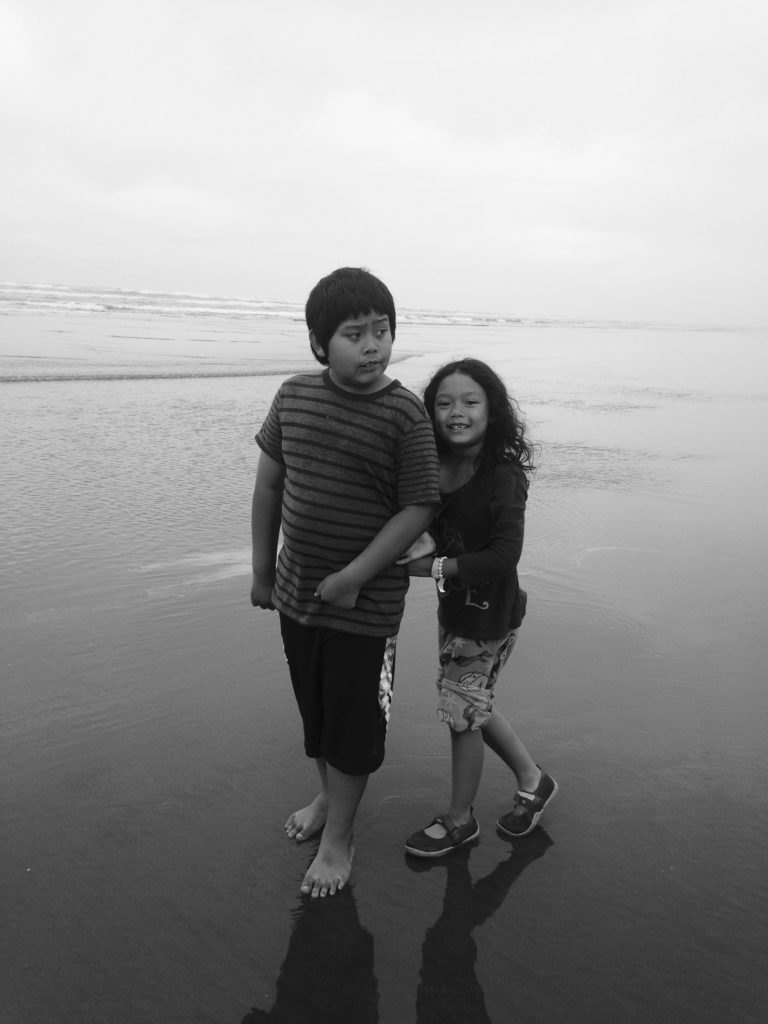
Your child desires to be accepted and loved for who they are, right now.
How do you embrace them when as a parent, you want so much for them?
You may even be thinking to yourself, of course, I love my child, even if there’s little to no progress after undergoing treatment.
Let me ask you you to dig a little bit deeper… Does your child know that you love them? Are you expressing it in how you interact with them? Are they aware that your love for them is not contingent on how well they performed in school or in therapy on any given day?
Does your child know that your love for them flows effortlessly, and isn’t only something you give only when they are well-behaved? Are they aware that you love them when they have a challenging day at school or having a meltdown in the middle of a busy grocery store?
In order to fully embrace your child and role as a caregiver, you have to tune out the voices around you, and remember that God entrusted you with your unique child.
There is no one else more capable of raising him or her to their fullest potential, than you!
Don’t just read this, but believe it with all your heart!
Speaking life and affirming your child and yourself aloud changes the way you think, feel about yourself, and your circumstances. If you find it challenging, try writing down what your grateful for every day.
What do you love about child’s personality? What causes him or her to light up? What causes you to feel a sense of overwhelming pride– is it something he or she does on a daily basis?
Get in the habit of beginning and ending each day with a heart of gratitude. There is so much to be grateful for, friends!
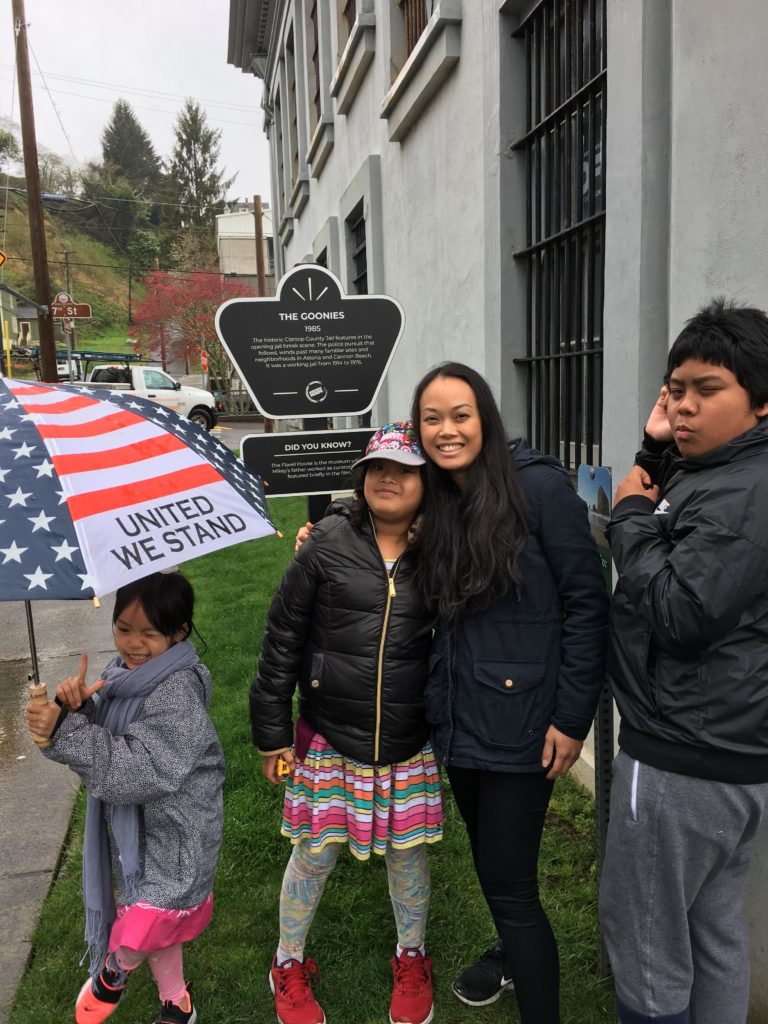
Understand the depth of this truth, so that when you are hit with hard days, you can come back to it with the understanding that you are called to parent a differently-abled child!
When you are less prone to questioning yourself, and your ability to parent your unique child, you come to embrace your role as a special needs parent… which in turn gives you the ability to fully embrace your child.
You’ll love what makes them different, their quirks, unique perspective and personalities. Affirm them daily, and see how that transforms how you view them.
How you speak about your child, yourself, and your circumstances matters.
Speak life.
Help your child navigate the challenges ahead as gracefully as you can, knowing that they are loved by the God of the universe, and by parents who love them deeply!
Rootin’ for you,
Michelle
Related: How to Spread Autism Acceptance (and Awareness)
Related: Is Autism Forever?
Editor’s Note: this is our personal story that we first shared on Jennifer Magnano.


I read this story on Jennifer’s blog (The Barefoot Preacher), and I loved it! Thanks for this, I really needed to read this!
Thanks Liv! I’m glad our story resonated with you!
[…] Editor’s Note: this is our personal story that we first shared on Autism Mom Life. […]